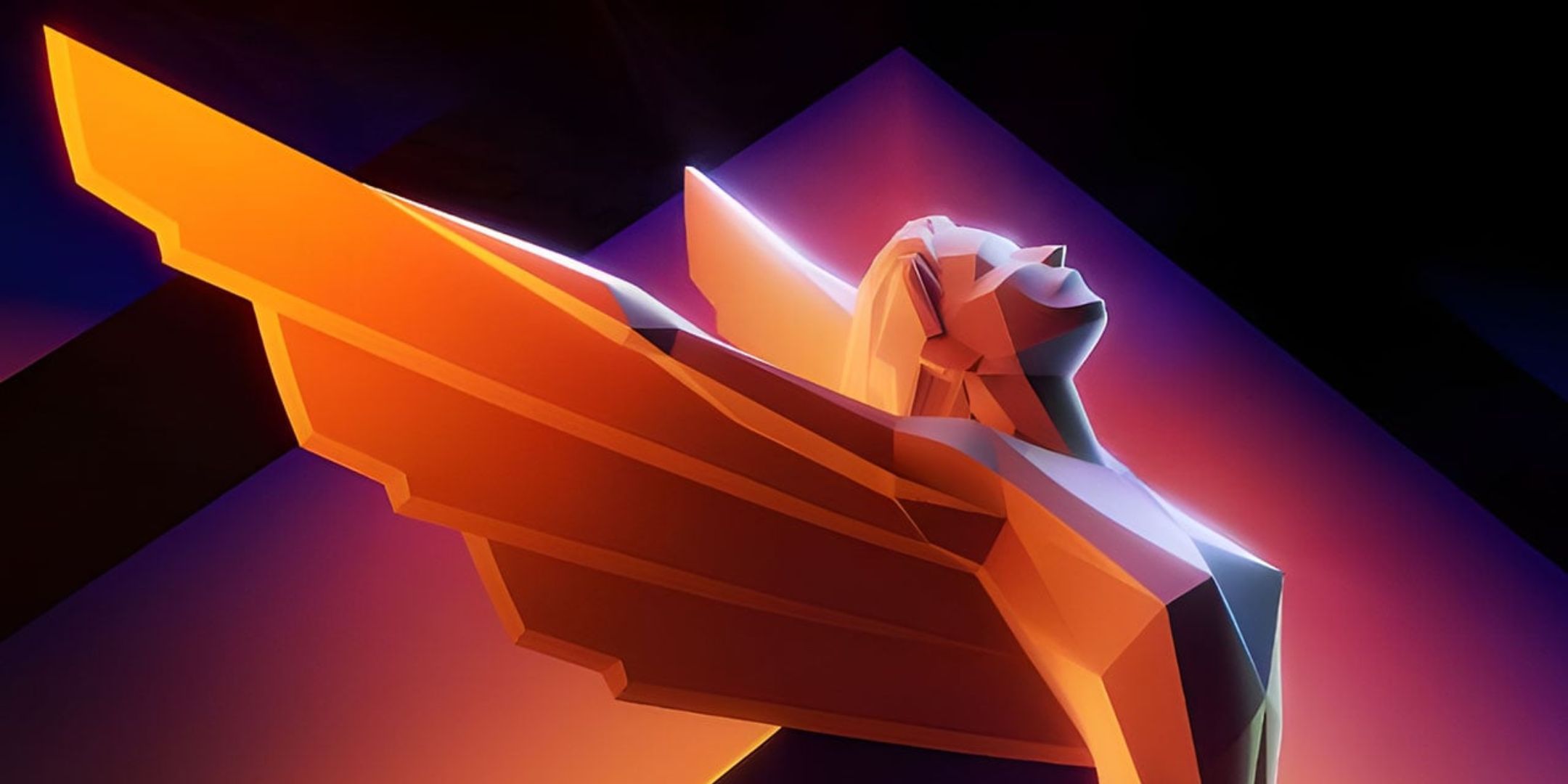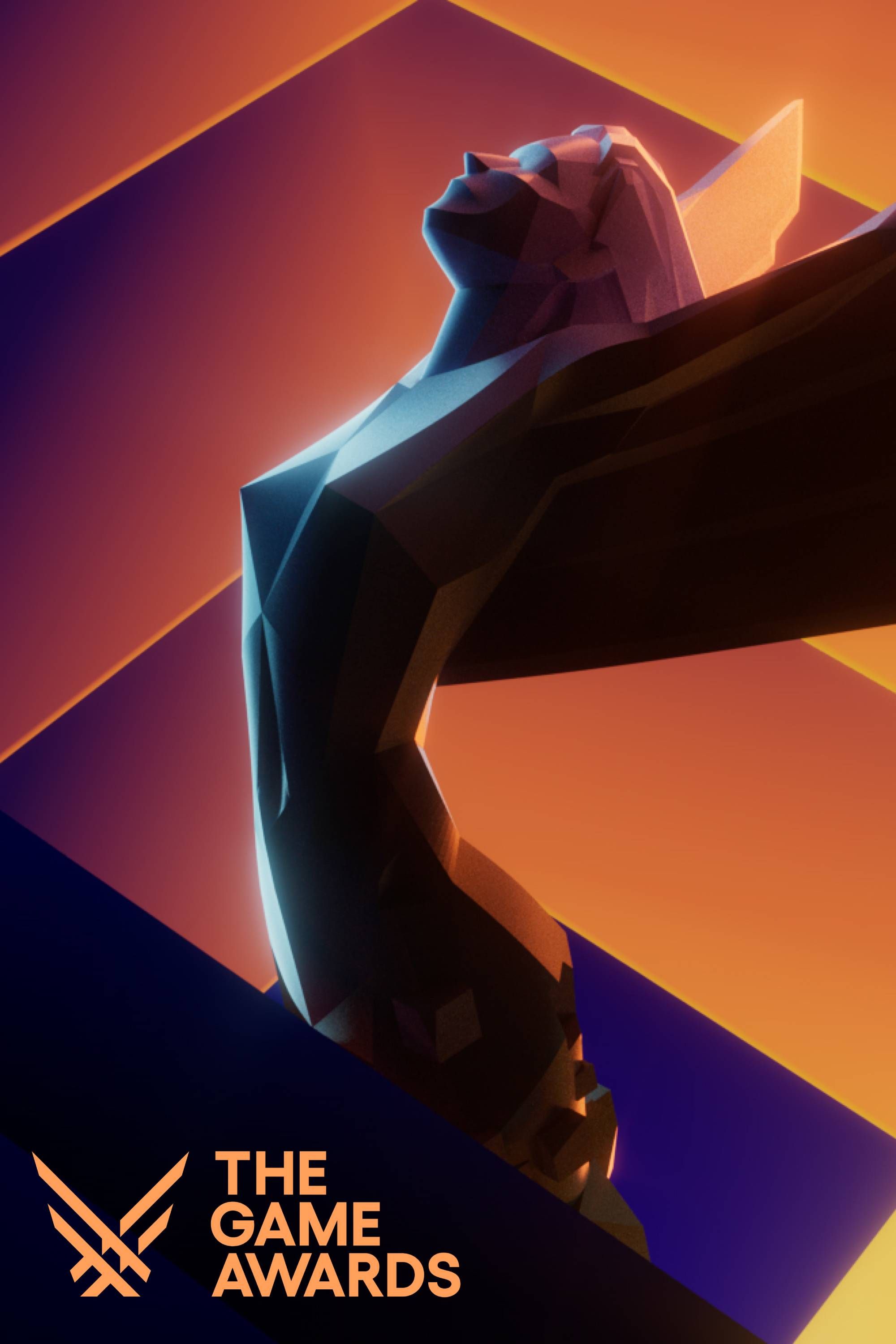This year’s The Game Awards nominees have been controversial, but that’s not really saying much, since people will find something to complain about every year no matter what.
More disappointing is that, yet again, there’s a huge focus on triple-A games while the wealth of excellent indies that released this year have mostly been overlooked, with the exception of obligatory independent and Games For Impact categories.
This is the case every year, because it’s a problem built into the foundations of how The Game Awards operates. The nomination process works like this: an advisory committee (comprising Microsoft, Sony, Nintendo, AMD, and others) picks media organisations that get to nominate and vote for the year’s categories. Those outlets submit their own lists, and the most-nominated games are the official nominees.
The biggest and most obvious issue with this is that media outlets are largely traffic-focused. After all, it’s clicks that pay the bills and keeps websites from closing. The people submitting nominations have probably spent most of their time playing and writing about the biggest releases of the year, because that’s what their audience is most likely to be interested in, which makes it impossible for them to also play all the great indie games that come out at the same time.
That’s not for a lack of trying, of course – many journalists make a point of platforming smaller games, but it’s the nature of the business to focus most on what makes the most money. This turns the nomination process into a popularity contest, because most will have played the most successful, best-selling releases and many will have overlooked the smaller ones.
Games media will still be more knowledgeable about the breadth of games that have come out in any given year than the median voter, but there’s still an inherent bias that can’t be worked around because media, as a whole, is about making money.

Related
The Game Awards Is Missing A Few Categories
And the award for “Best Game To Make Me Question How My Life Got To This Point” goes to…
The Game Awards Takes Place In December
Another huge problem is that the awards take place before the year is actually over. To be eligible for 2024, for example, games must be released before November 22 – otherwise, they’re eligible for next year.
This means that games released in December of last year are practically guaranteed to be overlooked in nominations this year. Midnight Suns, a December 2022 release, was entirely forgotten by the time last year’s awards came around, an omission that its defenders seemed to consider punishable by death.
On top of that, you have the obvious problem of recency bias, meaning games that come out in the second half of the year are likely to be fresher in people’s minds and therefore more likely to be nominated. Like a Dragon: Infinite Wealth might be topping my GOTY list this year, and it wasn’t even nominated. I can’t help but wonder if it would have been had it come out in September and not January.
Then there’s the problem of games that launch before the nomination cut-off but don’t have enough room to breathe. Under the current system, Dragon Age: The Veilguard was all but doomed when it comes to The Game Awards. It launched just a few weeks before the cut-off, meaning that most of the jury likely hadn’t finished it when it came time to make nominations. Had it launched any later, it probably would’ve been completely ignored, just like Midnight Suns.
There’s a clear solution for the timing problem – move The Game Awards to January. There, I fixed it. But there isn’t an easy fix for the bias towards triple-A games apart from somehow separating games media from needing to make money, which is… you know, a big ask.
Is there a solution? Adding more independent and reader-supported outlets to the jury, maybe? I just know that the system we have right now isn’t working as well as it should, and it’s the underdogs that are most punished.

The Game Awards
Founded by Geoff Keighley, The Game Awards is a video games event centered on celebrating the best of the year’s titles, with emphasis on reveals and promos for upcoming launches.











Leave a Reply